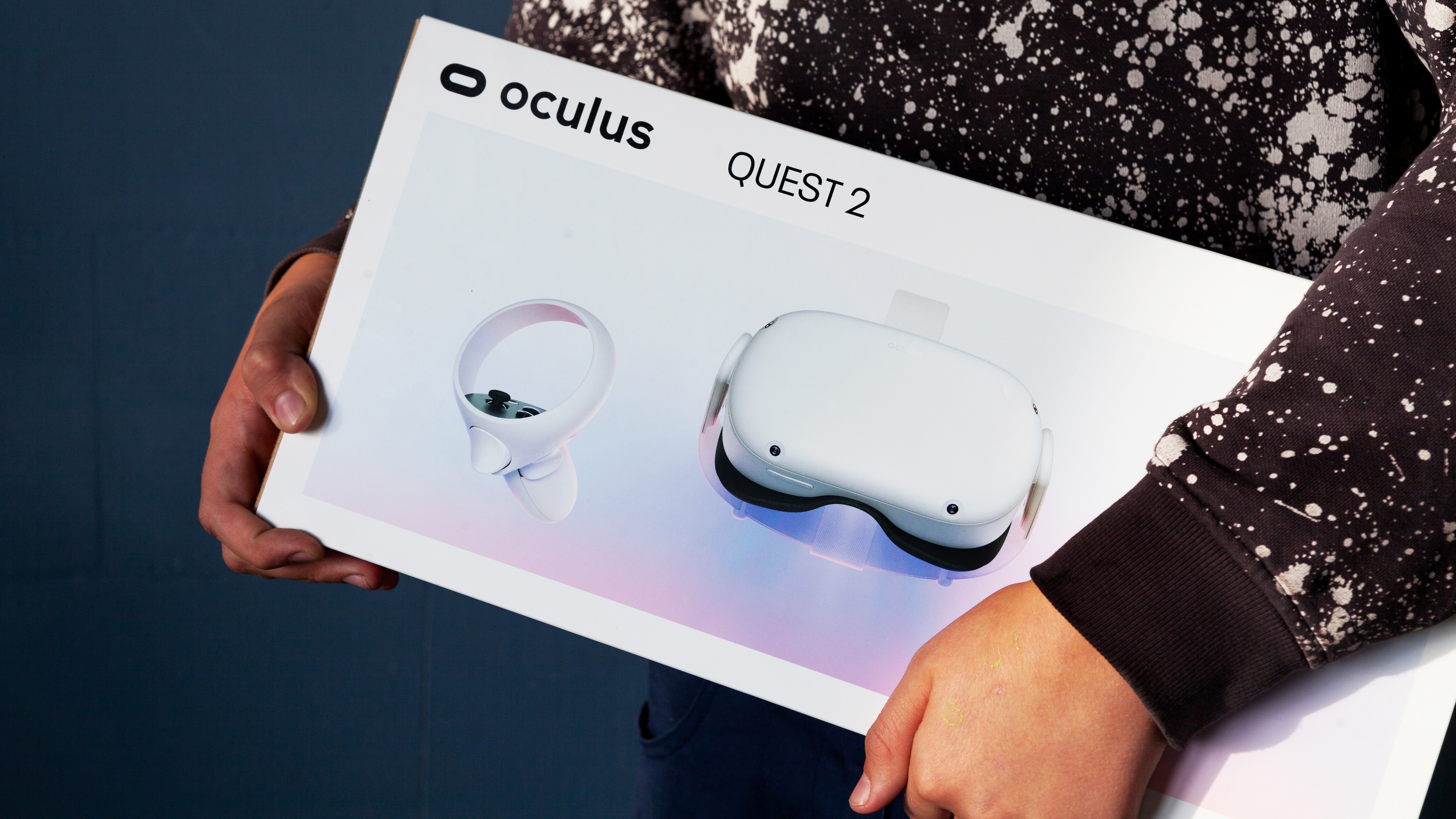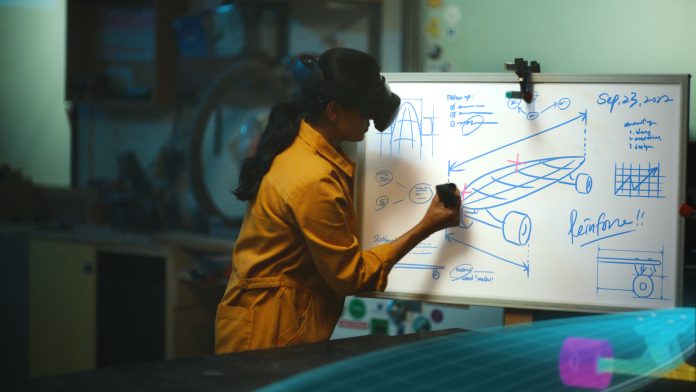Meta has just canceled two in-development VR headsets if the latest rumors are true.
The social media giant has made a name for itself in the VR world by making some of the world’s best VR headsets – the Oculus Quest 2 and Meta Quest Pro. We expect it’ll continue to impress us later this year when the Oculus Quest 3 finally launches, but its launch calendar after that might be looking a little more sparse.
According to The Verge’s Alex Heath in his Command Line weekly newsletter, Meta is believed to have canceled two in-development headsets, known by their codenames as Cardiff and Hermosa (via UploadVR).
As with all rumors, we should take this news with a pinch of salt, but it does make sense. Meta recently announced a new batch of layoffs, and also announced plans to direct more of its efforts into developing AI projects. Its limited resources can only spread so far, so it may have canceled these VR headsets in favor of other VR and non-VR products that it believes will be more worthwhile.
Project Cardiff: the Meta Quest Pro 2?
If Cardiff was due for 2024, the headset it seems most likely to be is the Meta Quest Pro 2. That launch would have happened two years after the release of the original Quest Pro – a launch cycle that would have made sense given the current pace of improvement in VR hardware – and Cardiff is related to the codename of its predecessor, which was Cambria; Cambria is another name for Wales, of which Cardiff is the capital.
The only other option would be the Quest 4, and given that the Quest 3 is due out this year – we’re expecting an announcement in October, with a launch shortly thereafter – a 2024 launch for its follow-up feels way too soon. For context, the gap between the launch of the Quest 2 and the expected Quest 3 launch will be three years.

So why would Meta cancel the Pro 2?
Well, the current Meta Quest Pro hasn’t been especially well received. In my three-and-a-half-star Meta Quest Pro review, I applauded the headset’s improved performance and comfort over the Quest 2, but found its $1,500 / £1,500 / AU$2,450 price a tough pill to swallow.
The main issue is that the software isn’t quite there to properly utilize Meta Quest Pro’s biggest improvements – color passthrough, eye tracking, and face tracking. So you’re paying a lot for what in real terms is a fairly minor upgrade.
Hopefully, some new software will launch this year, and updates will be released for existing apps (like Horizon Workrooms) that desperately need updating to make the Quest Pro feel like better value for money.
However, by the time a lot of these changes arrive we’ll probably be about a year out from the new headset – and Meta might have begun hyping up the new machine, as it has done with the Quest Pro and Quest 3, a year before their respective launches.
This would not only annoy existing Quest Pro users who may feel their investment was wasted, and that they should have waited for the second-generation model, but it doesn’t give Meta a lot of time to ensure it doesn’t repeat the mistakes of the original Quest Pro with its follow-up, i.e., by not having new software developed to support its upgrades).
So – if the rumor is true – I don’t think this is a full-on cancellation. I do think we’ll see a Meta Quest Pro 2, just not in the way Cardiff would have delivered it in 2024. Instead, the project will likely be delayed a year or two, and Meta will launch a new premium model that feels like a worthwhile investment.
What about Project Hermosa?
Project Hermosa, meanwhile, would most likely have been the working title of what might have been the Meta Quest 4. It likely would have arrived in 2025, which would have given the Quest 3 a solid amount of breathing room; plus, much as with the link between Cambria and Cardiff, Hermosa and Stinson (the Oculus Quest 3’s codename) are both beaches in California, suggesting that these projects are related in some way.

Again, as with the rumored Cardiff cancellation, I don’t expect this to be a full-on canning of the Quest 4. Instead, Meta would most likely be rethinking its approach to the headset, and launching different hardware under the same name.
We’ll have to wait and see what Meta announces over the coming years – alongside its headsets it also has AR glasses in development, products that Cardiff or Hermos could also have been. But whatever it has in store, as soon was we learn the details, rumored or otherwise, we’ll bring you that news.


















